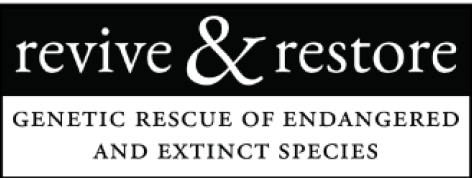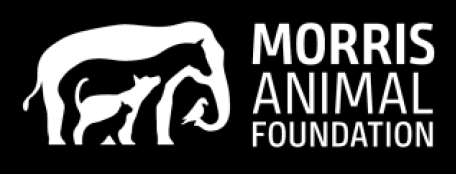
The Wild Genomes funding call is focused on species belonging to the three orders of amphibians. From caecilians to salamanders to frogs, all species qualify. Proposals should describe a conservation-oriented effort that will benefit substantially from genomic sequencing and biobanking.
ANNOUNCING: 2023 AWARDEES from our amphibians competition
“We are excited to partner with Revive & Restore to help fund projects that can make a real difference for at-risk amphibian species. Through this program, we aim to put the fundamental tools of genetic rescue into the hands of people who manage wildlife.”
Dr. Janet Patterson-Kane
Former Morris Animal Foundation Chief Scientific Officer
Revive & Restore and Morris Animal Foundation are pleased to partner on Wild Genomes – Amphibians: a new funding opportunity for conservationists interested in applying genetic insight to the protection and management of amphibian wildlife. From caecilians to salamanders to frogs, all species belonging to the three orders of amphibians qualify. Proposals should describe a conservation-oriented effort that will benefit substantially from genomic sequencing and biobanking.
Wild Genomes is designed to accelerate the genomic sequencing and biobanking of species with a clear conservation need. Potential projects will be evaluated according to timeliness and urgency (is the species at risk?), the ecological role of the targeted species (e.g., keystone species), the species’ potential role in providing ecosystem services, and the intended use of the data (how will the scientists apply the information to affect a positive conservation outcome?). Through this program, we aim to put the fundamental tools of genetic rescue into the hands of people who manage wildlife.
Revive & Restore launched the Wild Genomes program in June of 2020. Wild Genomes funding calls are topic-specific. See previously awarded Wild Genomes projects here.
About Morris Animal Foundation
Headquartered in Denver, and founded in 1948, Morris Animal Foundation is one of the largest nonprofit animal health research organizations in the world, funding more than $142 million in critical studies across a broad range of species. Learn more at morrisanimalfoundation.org.
Banner images of critically endangered amphibians from left to right: Lemur leaf frog, Axolotl salamander, Chinese giant salamander, Chiricahua leopard frog, and Arroyo toad





